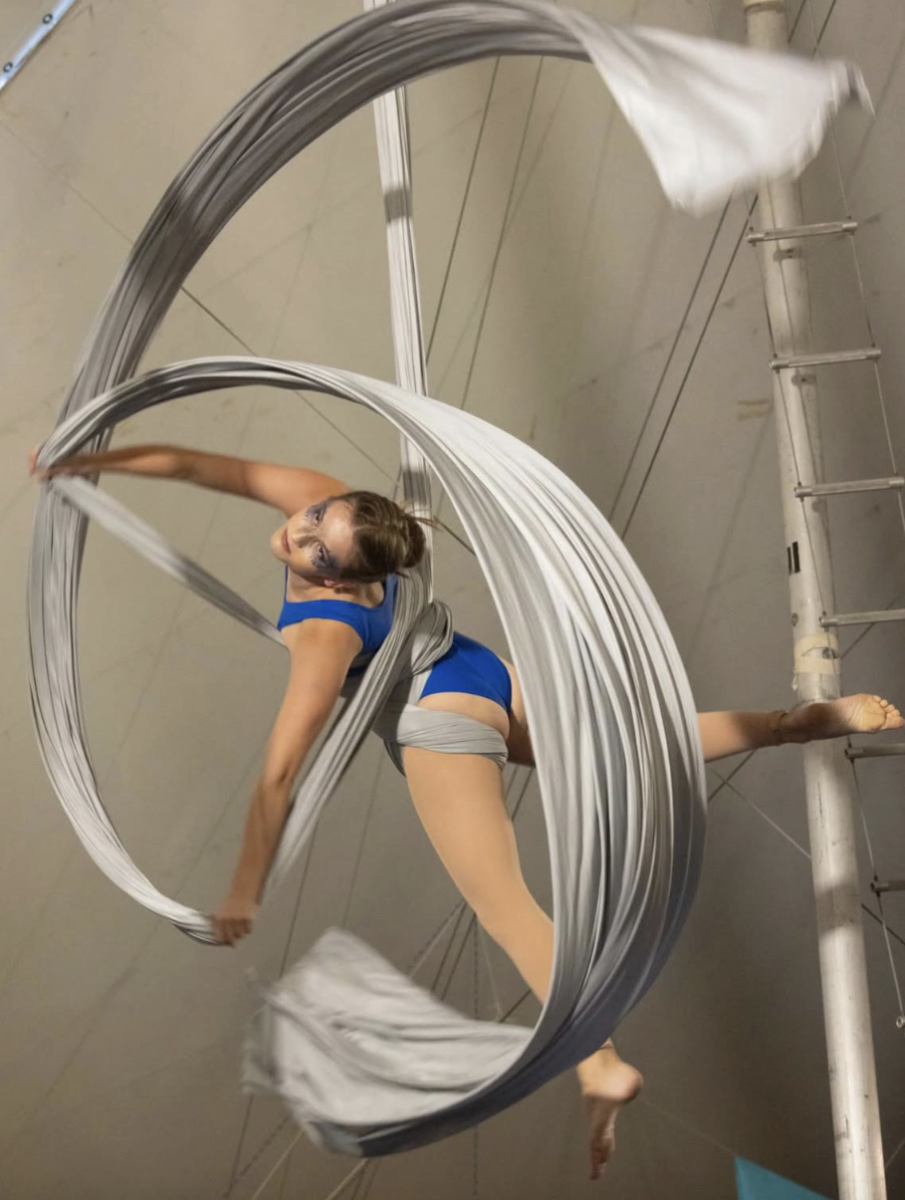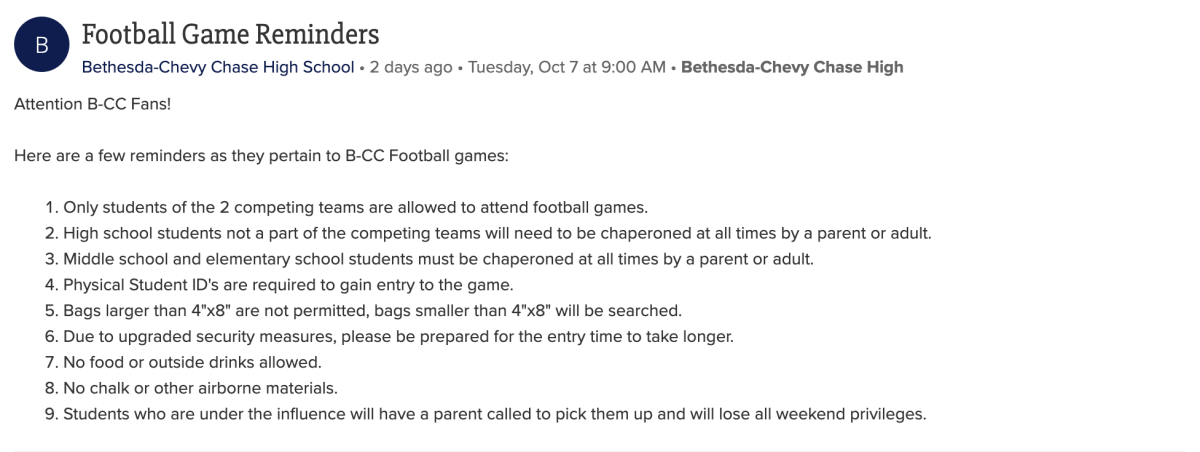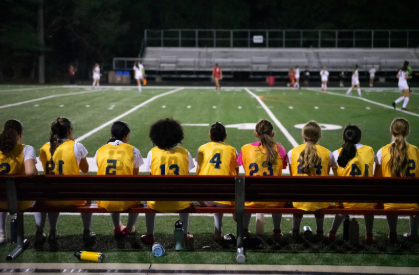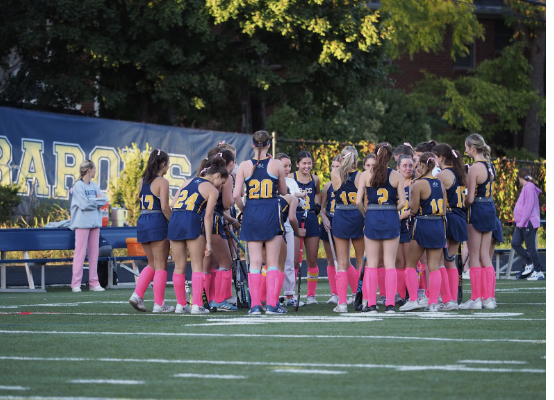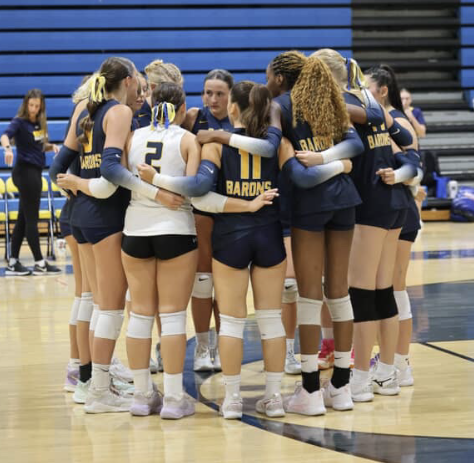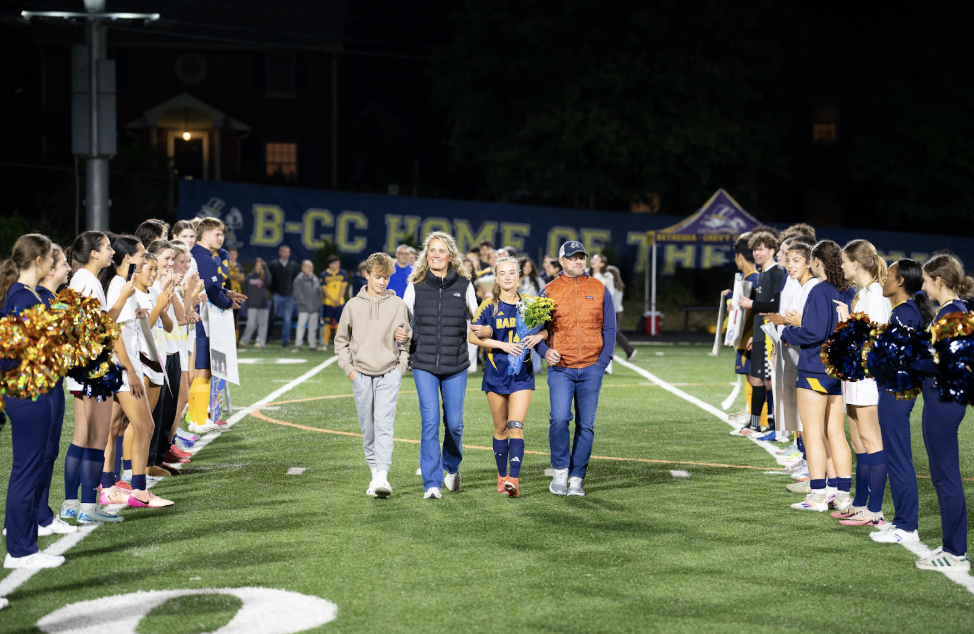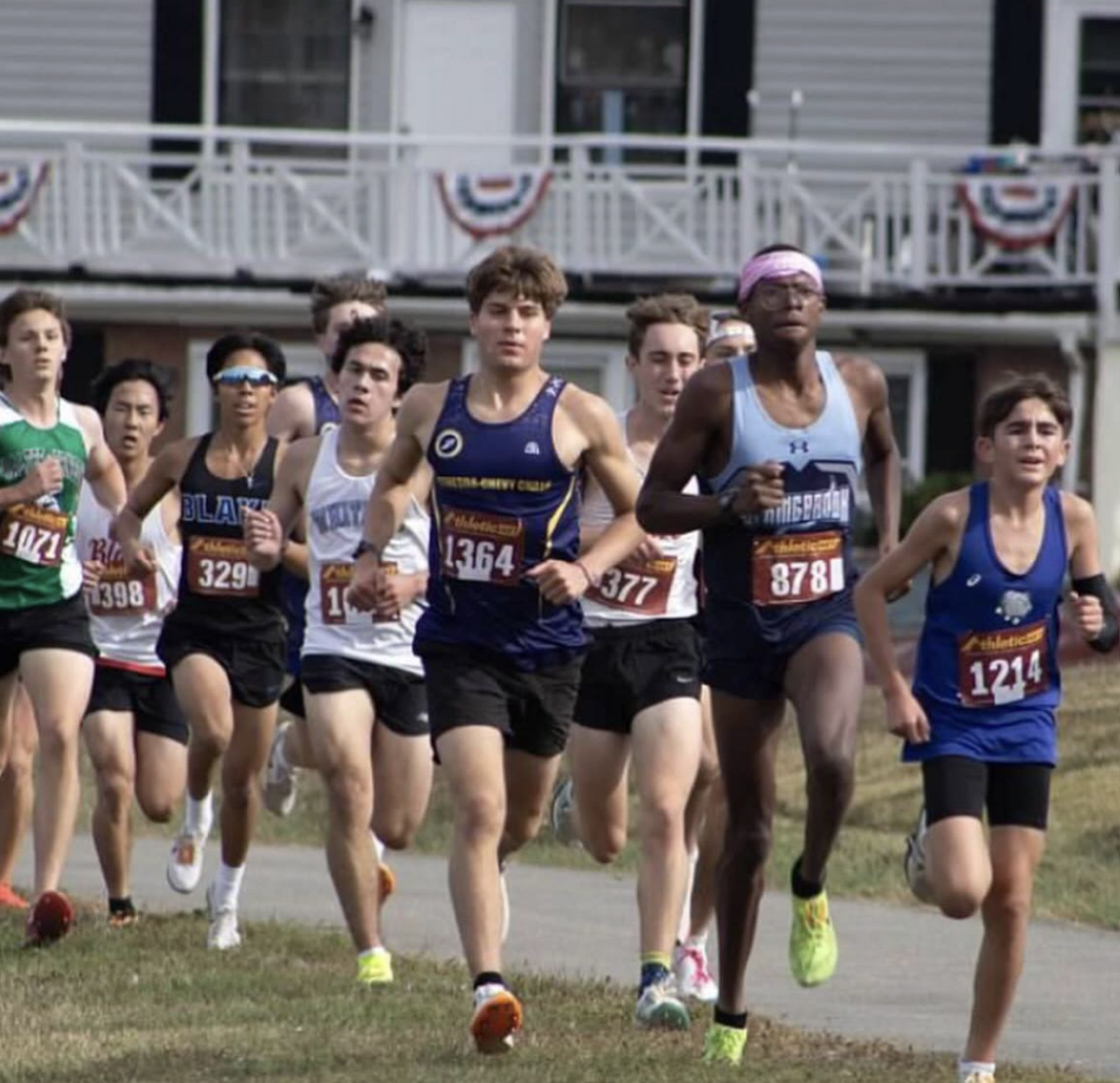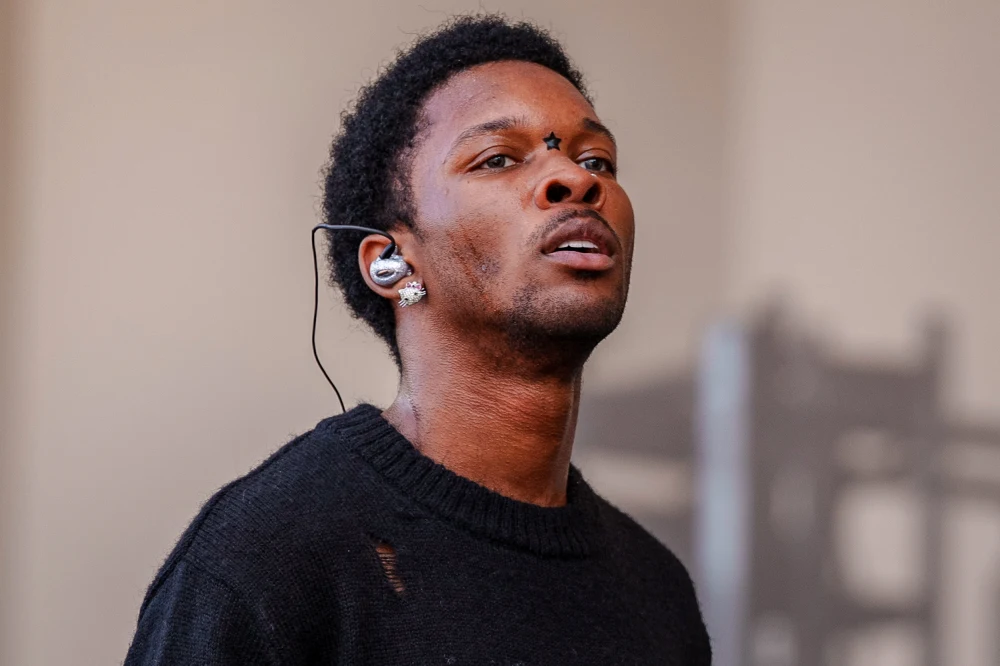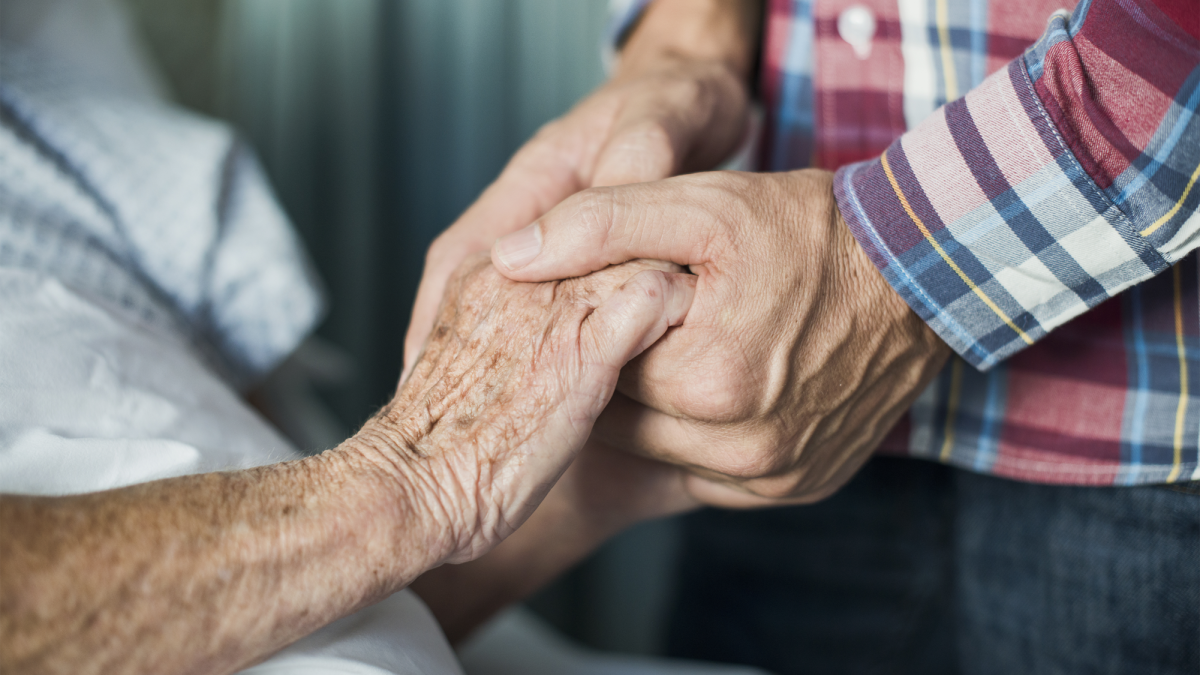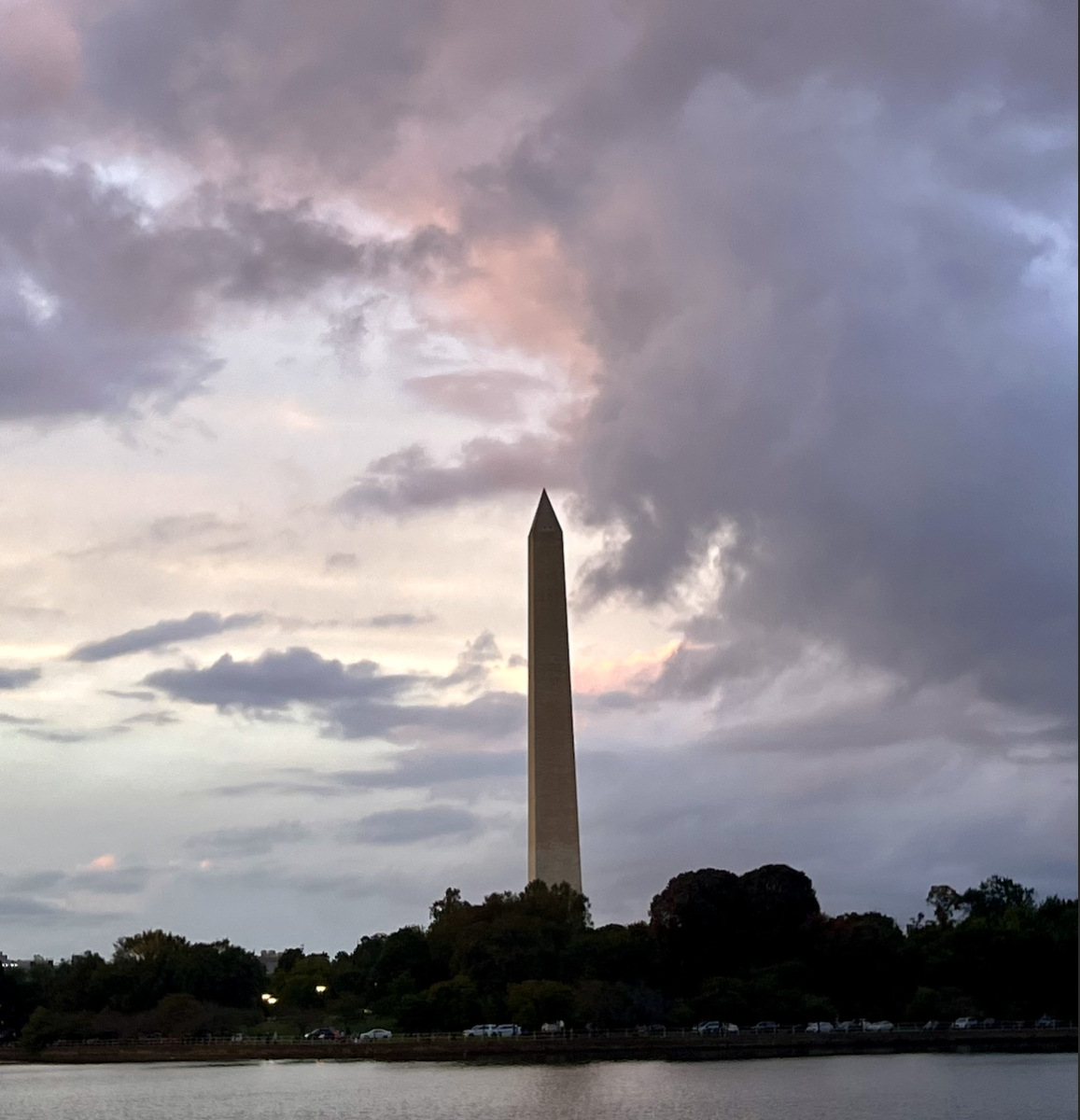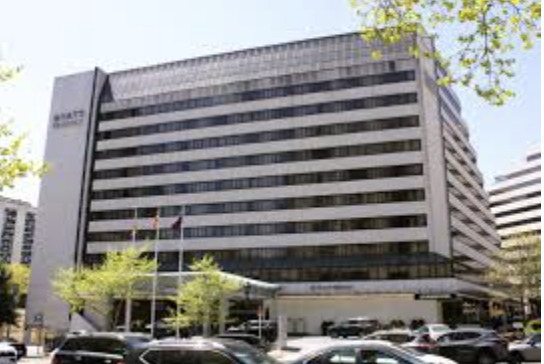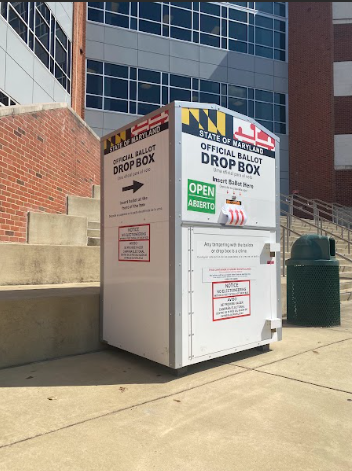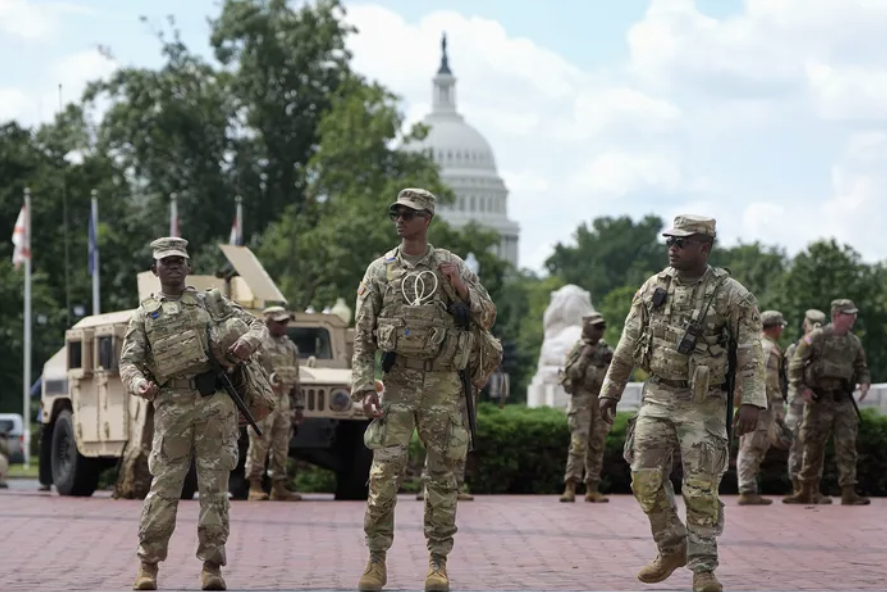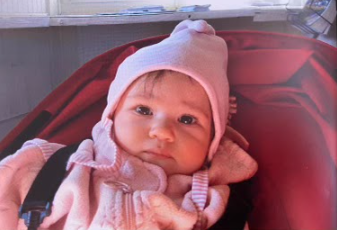On November 5, 2024, local voters will decide the fate of reproductive rights in Maryland. The decision by the Supreme Court to overturn Roe v. Wade in January of 2022 brought American society back to life in the 60s. A woman’s right to safe abortions and free healthcare was stripped away. Now American citizens live in a time where, in certain states, women are criminalized for attempting to receive potentially life-saving care.
In January of 1973, the Supreme Court ruled that restricting a woman’s access to abortion is unconstitutional under the 14th Amendment, establishing Roe v. Wade. Almost 50 years later, this decision was overturned in the Dobbs decision, in a court filled by a majority of men. This decision has risked the wellness of women nation-wide, as it can lead to unsafe attempts of abortions as well as other health risks from poorly conditioned births. According to a study by WHO and the Guttmacher Institute, an estimated 25 million unsafe abortions occur every year, and this number increases in correlation to restrictive laws on abortions. A Times Magazine report shows that a girl from Mississipi was raped and denied access to an abortion. She was forced to become a mother at the age of 13. She is not alone in this struggle; young women and girls have similar experiences daily due to the restrictive laws on abortions.
Also, the already detrimental effects of restrictions on abortions unproportionally affect women of color. In an article from the American Psychological Association Wizdom Powell, the Chief Social Impact and Diversity officer at Headspace Health commented on this. “‘Women of color face more structural barriers to care to begin with, and those inequities are exacerbated when these policies further diminish their power and bodily autonomy … You end up having a domino effect of negative impact on women’s overall health and well-being,” she said. Ensuring the protection of reproductive rights for all women is integral to maintaining their safety.
Some Americans think that a woman’s right to reproductive freedom should be restricted due to religious beliefs of preserving life before birth. In Christianity, it is believed that life begins at conception, so in the eyes of many Christians abortion is murder. Tony Perkins, an American politician and Baptist Preacher says, “every child conceived in the womb has the right to life, and that right is not subject to negotiation.” Others believe that life begins after birth or a certain amount of months post conception. Thus, opinions of the morality of abortion are debated among groups.
But pro-choice is not equivalent to anti-life. Whether or not abortion is correct for a person or group of people, the right to have a choice in what happens to one’s body is something that should be provided for all women. Abortions happen whether a safe option is provided or not; the prioritization of this safe option is necessary to ensure womens’ safety and good health.
For many B-CC seniors, this year is their first to participate in the general election. When approaching an election, it is important to be educated on your decisions. In this case, by voting yes on the voter referendum Question 1, locals will approve the addition of the protection of reproductive rights to the state constitution. This will make reproductive rights difficult to challenge and further the safety and well-being of women in Maryland.
“As someone who can’t vote, I feel scared for myself and other women who are facing the consequences of the overturning of Roe v. Wade,” said senior Charlotte Grohowski. She continued, “I feel like I have no control.” For young people like Grohowski, who have limited direct access to decision-making, there are various opportunities to get involved in the struggle for reproductive rights. These opportunities include working on campaigns for pro-choice candidates, volunteering as a clinic escort, and engaging in local programs such as State Senator Love’s “StandUp Maryland” program. Involving canvassing and trainings with prominent political figures, the program is an educational forum for young people to understand current issues and the importance of maintaining a democracy.
“What spurred me to start StandUp Maryland is the Dobbs decision,” said State Senator Sara Love. “I wanted to engage young people and work to ensure that Maryland continues to be a pro-choice state,” she continued. For Senator Love, the voices of young people are integral to a host of current social justice movements, especially reproductive rights.
“There is an energy that your generation has that I think really can be motivational for everybody, and also create change,” said Love. “I believe wholeheartedly in elevating all voices, and making sure that young people know that they can use their voices and that their voices do matter and are heard,” she said.
As a member of the 2024 StandUp Maryland team and a senior at Maret School, Cleo Kraske said, “getting involved with the struggle for reproductive rights is so important, which is what inspired me to join the StandUp team. The idea of someone else controlling decisions about my actions and my body is really bad to me.”
Young generations should be concerned with the fight for reproductive rights, as it is their future at stake. “Your generation is going to have to deal with the aftermath of Dobbs,” said Love. “My mom’s generation fought for Roe, I fought to maintain Roe, and now you all have to deal with the aftermath of Dobbs. That doesn’t mean that the rest of us are not continuing to still fight and to do what we can, but I am no longer of childbearing age, so it doesn’t affect me,” she said.
For new voters, Senator Love encourages them to vote. “Full stop, vote. You may not think that your vote matters, but it does,” she said. If new voters are questioning their vote or their impact, they should not forget the importance of their voice. The future of reproductive rights in Maryland depends on it.

